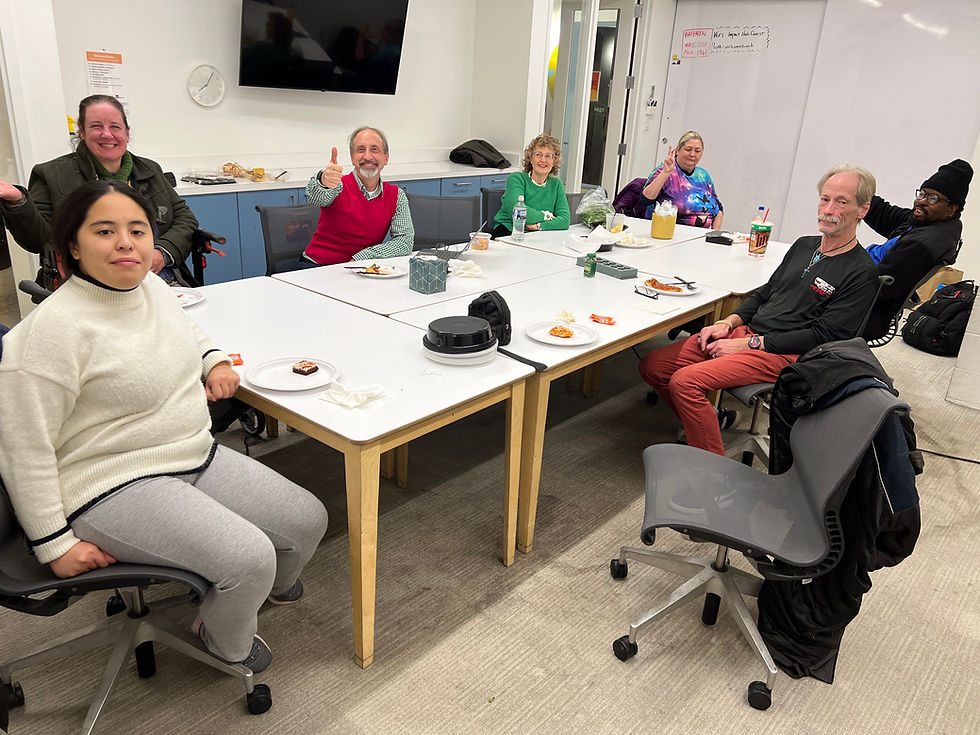Why We Need More Than One Currency
- jenny1658
- Jun 13, 2025
- 2 min read
By Jenny Kassan
Imagine living in one of the wealthiest countries in the world, and still not having enough money to meet your basic needs. Sadly, this is the reality for the majority of Americans. A new study from the Ludwig Institute for Shared Economic Prosperity (LISEP) reveals that over 60% of Americans do not earn enough to achieve a minimal standard of living.
The majority of Americans simply do not have enough U.S. dollars to meet their needs. There are many reasons for this including the outsized returns to wealth holders as compared to those who earn their living from their labor.
The underlying issue needs to be fixed, but in the meantime, what should we do?
The U.S. dollar, our fiat currency, is essential for day-to-day existence for most of us. It's the currency we use to pay rent, buy groceries, pay taxes, and navigate most of our daily financial obligations.
I propose two complementary solutions that we can implement immediately (in fact they are already being implemented in many communities): (1) for the 40% who still have enough, use a portion of our U.S. dollars to invest in small business and local initiatives and (2) leverage other currencies, like timebanking and local currencies like BerkShares in Massachusetts, to reduce our and our neighbors’ needs for U.S. dollars.

When the dominant financial system fails to support the well-being of most of its participants, we need creative ways to meet our needs and uplift our communities. Using our fiat currency to leverage community wealth through community investing (as opposed to shipping it to the public markets where is does little to benefit regular folks) and using community currency to increase our resilience and independence are two effective and proven ways to do this!
An added bonus of using currencies other than the U.S. dollar is that, in addition to helping us get our needs met, they also build another kind of valuable asset: social capital. Community-based currencies value people not just for their purchasing power, but for their humanity and contributions. These systems can help fill the gaps left by the traditional economy, offering a safety net that is woven from the threads of community and trust.
Baltimore Community Commons promotes community investing AND time-based local currency (timebanking), plus a community business school to help local residents grow their skills and knowledge to build a healthy local economy.




Comments